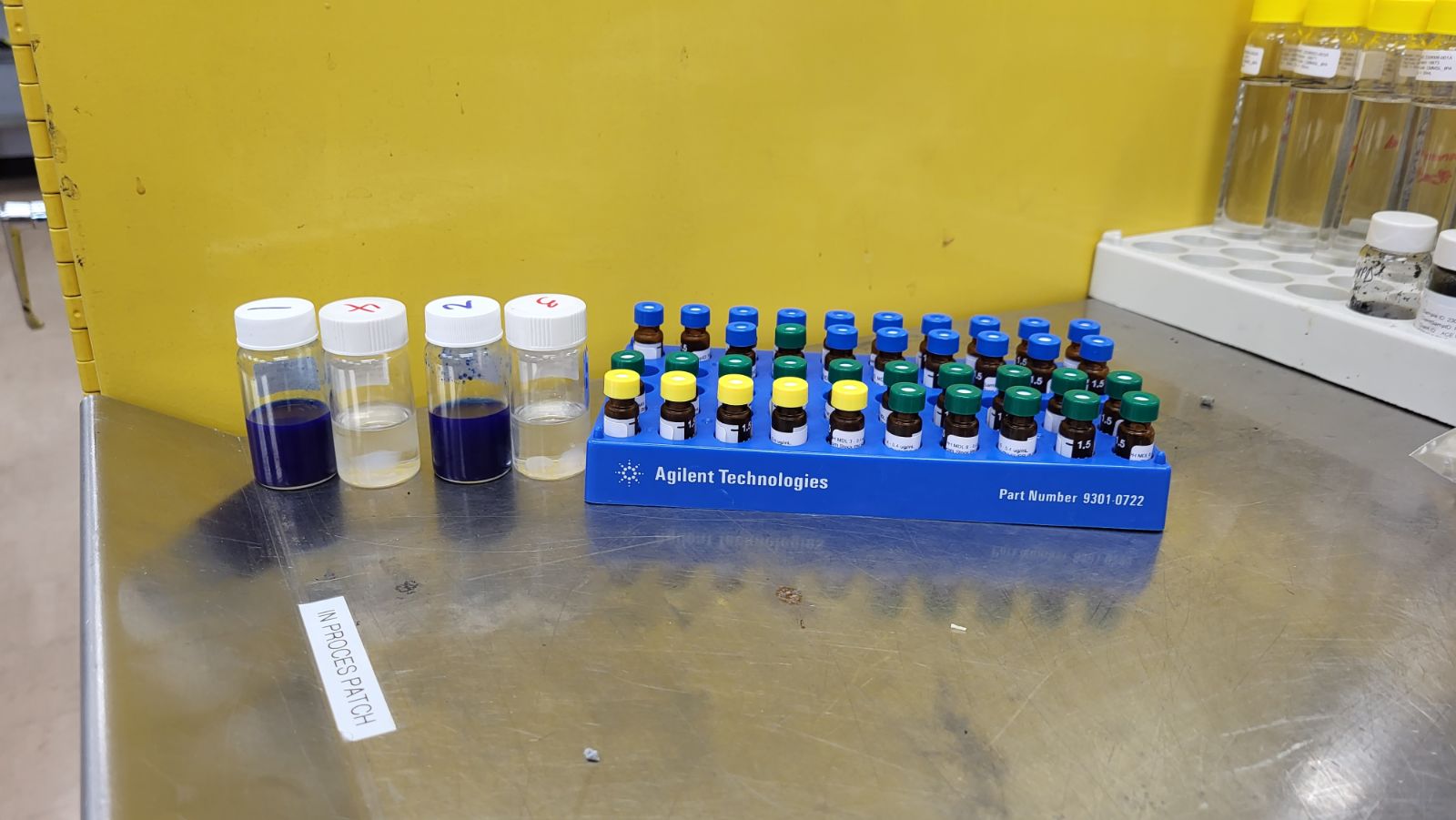Uses of Siloxanes
Siloxanes facilitate moistening, smoothing, and softening. For this reason, siloxane elastomers are often used in a wide range of personal care products, especially skincare, hair care, and beauty. Common products containing siloxanes include deodorant, lotion, and hair conditioners.
Siloxanes are also deployed in some processing environments, such as additive manufacturing. Siloxane polymers are used to make molds and impressions, since they improve flow, mold release, and resistance to scratches and marring. Many varieties of molds, ranging from industrial molds to dental molds, may use siloxanes.
Siloxanes may also be found in coatings, sealants, and lubricants.
Siloxane Polymer Testing Benefits
Investing in siloxane testing offers several key advantages to the manufacturer.
Meet Compliance Regulations
Some countries are enforcing tighter controls on siloxane use, especially in personal care products, due to the fact that siloxanes may be endocrine disruptors. At this stage, siloxanes have not been outright banned, but siloxane use is limited to specific thresholds. Siloxane testing allows manufacturers to continue participating in these markets by demonstrating that their products are compliant with siloxane use limitations.
Ensure Safety
Because there are risks associated with excess siloxane exposure, manufacturers may choose to take precautionary measures to ensure that they aren’t exceeding safe quantities in their products. Siloxane testing allows manufacturers to determine the exact quantity of siloxane in their products so they can make adjustments as needed.
Quality and Benchmarking
Siloxanes are not regulated the same way in different parts of the world. Asia, for example, tends to be more lenient; no regulations pertaining to siloxane use have been enacted in that region. Because the regulatory environment for siloxanes differs around the world, manufacturers may choose to invest in siloxane testing to assess the quality of raw materials and products coming from overseas.
Siloxane Tests & Processes
ASTM F2466—Standard Practice For Determining Silicone Volatiles In Silicone Rubber For Transportation Applications
The purpose of ASTM F2466 is to identify and quantify siloxanes and other silicone volatiles in silicone rubber products and materials. ASTM F2466 is specifically designed for assessing the risk of silicone volatiles causing oxygen sensor dysfunction in transportation applications. The first step of the test method is to cure the silicone material under test to its elastomer form. Silicone volatiles are then extracted from the silicone elastomer material and separated and measured via gas chromatography–mass spectrometry (GC–MS) for siloxane calibration and quantification.
GC-MS and GC-FID
Gas chromatography–mass spectrometry (GC–MS) and gas chromatography with flame-ionization detection (FID) are both excellent techniques for detecting and quantifying siloxanes in different materials and products. GC-FID is a common starting point for siloxane testing and uses retention times to identify and quantify siloxanes. In the event that the material under test contains other molecules with similar retention times to siloxanes, GC-MS can be leveraged to identify and quantify siloxanes via their mass spectrum instead.
Siloxane and Elastomer Testing From ACE
You can count on ACE Laboratories to help you navigate the changing regulatory landscape around siloxane use and ensure that your products comply with differing standards around the world. From benchmarking raw materials to testing for regulatory compliance, ACE can help you get the data you need at every stage of the manufacturing process. We can even help optimize your processes by testing different ways to drive off siloxanes during manufacturing, so you can make your processes more efficient.
In addition to our extensive siloxane testing capabilities, ACE is proud to promise the fastest turnaround times in the industry, so you can maintain your project timelines and stay competitive in the market.
To learn more about siloxane testing from ACE Laboratories, talk to a member of our team >

